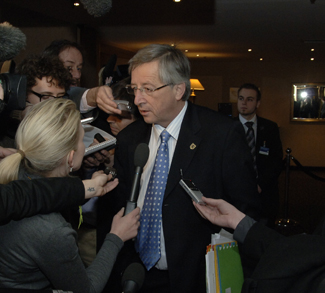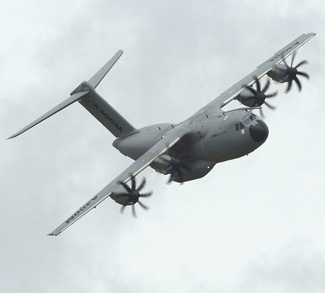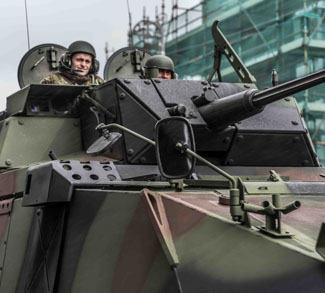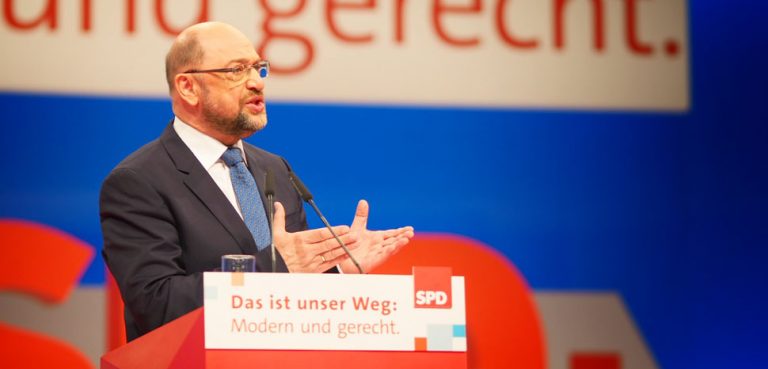Summary
Europe has a problem. The continent has long relied on its WWII-era bonds with the United States for security – the oft-cited ‘free-rider’ in Trump’s stump speeches. Overreliance on the U.S. has kept defense spending low and precluded the development of native institutions, both diplomatic and among defense industries, which could shore up the continent’s ability to stand on its own two feet.
Now enter President Trump, who threatens European security on two fronts: by hollowing out NATO and by warming relations with Russia.
European leaders will respond to the new international climate by taking a long hard look at developing new continental security institutions. The task will be complicated by the United Kingdom, which pre-Brexit was an enduring obstacle to EU defense institutions, but now is in its own uncharted territory with regards to NATO. London has maintained that it will continue to block all attempts while it is still inside the European Union. The prevailing zeitgeist in Europe is another obstacle moving forward; large groups everywhere from the Netherlands to France are clamoring for less, not more Europe.
Impact
A boost for advocates of EU defense. Russian actions in Ukraine, NATO’s decline in word if not deed, growing instability in the MENA region – there’s a mounting body of evidence that the EU needs to get serious about its own defense. Even before Trump’s win, we’ve been seeing moves in this direction. France, Italy, Spain, and Germany have been joining together to call for a common European defense policy after Brexit removed the possibility of a British veto. Early concrete actions in this direction could include increased consultations among EU states, increased defense spending, cooperation on cybersecurity, and deepening links between national military industrial complexes. The latter could open the door to joint development of military platforms along the same lines as the Eurofighter or the JSF.




